Generally, women have been treated as icons of beauty, softness, innocence, and magnificence. They are also considered passive, soft, and innocent. But it is hardly believed that they can be valiant fighters.
Though it is almost difficult for the general women to join the front line of the war, they have great contributions to the Liberation war that occurred in 1971. They could do so because of their irrepressible thirst for the country’s freedom. Let’s find out how women participated in 1971’s liberation war. We will also highlight some great women freedom fighters of Bangladesh.
As a Guerilla
Cobra camp was set up in Kolkata where about 400 women freedom fighters were trained to participate in the frontal war. The Awami League woman leader Sajeda Chowdhury took care of the camp.
Shirin Banu, Farquan Begum, Alamtaj Begum, Karuna Begum, Shobha Rani, Bithika Biswas, Meherunnesa, and many more women freedom fighters were trained there to fight for the country. But their stories remain unexplored; the nation is not aware of its contribution to the emergence of independent Bangladesh even today.
Run cultural activities to grow world sentiment
Women were in inspiration. They played a special role in maintaining the determination of the warriors during the liberation war. At that time, the country's most popular radio transistor was 'Shadhin Bangla Betar Kendra'. Most of the programs at this radio station were run by women. Its opening melody was 'Joy Bangla Banglar Joy'. When the song was played, everyone became stunned! Poet Rosie also recited different inspirational poems at Shadhin Bangla Betar Kendra.
Women share information to get the world's opinion
Women freedom fighters contributed to develop public opinion for the liberation war inside and outside Bangladesh. Women both domestic and foreign, various women's organizations organized public meetings where they described the massacre of Pakistani forces to the people of the world.
The immigrant Bengali women of London made the memorandum on behalf of Bangladesh and gave it to the Prime Minister of the United Kingdom. Besides, Bengali women migrants in the UK contributed to getting support for the Bangladesh War in 1971. Moreover, many of these women took part in various contributions, including collecting money and goods.
Women play the role of a squealer
At the time of war, information sharing was an important and risky task women did this task besides men. Both men and women had participated in the printing and distribution of the leaflets‟ and the Newspaper. Female sex workers also worked then to collect important information from Razakars and Pakistanis. Then they gave that information to freedom fighters.
Women in the medical care
Some women were not able to take part in the war but they served the wounded people. Because of their patriotism, they were able to serve the wounded people without any nursing training. Captain Setara joined Bhishramganj Field Hospitals. She also trained women nurses including Nivedita, Sayeda Kamal, Sultana Kamal, Padma, Gitaa kar, Ira, Anila, Lakshmi, Shobha, Shefali, Ranjita, Yuthika, Anna, etc.
Provide food and shelter
Some benevolent Bangladeshi women provided food and shelter for the freedom fighters. Among all women Najia Osman Chowdhury, Laila Samad, Nilufar Ahmed Doli, Rokeya Mahbub, Pushpa Guha, Journalist Selina Parvin, Jayanti Rani, Basonti Rani are well known in this regard. Besides, there are many more women whose names are still unknown to us.
Ethnic women also played a vital role
Ethenic women Latika N Marek and Princa Khey played a vital role to exchange the letter, leaflet, and news to the Mukti Bahini from a different camp. A lot more known and unknown ethnic women also took part in the liberation war in different ways.
Women abuse
In the war of liberation, our mother and sister were raped tortured physically. A report shows that spot rape incidences were about 70%; while 18% rape and torture incidences occured in camps and the rest 12% in other location.
Some Great women freedom fighters of Bangladesh
Kakon Bibi
Kakon Bibi was born in a tribal community in India. Her age during the war is unknown. She fought under sector 9 leaving her 3 days older infant at home. She served as a freedom fighter as well as a war spy. For her incredible audacity and contribution in the liberation war, Kakon Bibi was honored with the Bir Protik award in 1996. She died in 2018.
Sitara Begum
Sitara Begum, a doctor, army officer, and war hero was born in Kishoreganj in 1946. Her age was 24 at the time of the Liberation War. She was the Commanding Officer of the hospital under Sector 2. This brave freedom fighter also received the Bir Protik title. She left Bangladesh in 1975 and settled in the United States.
Tramon Bibi
Taramon Bibi was born in Kurigram in 1956. She joined the Liberation War only at the age of 14. The dauntless teenage girl defined the Pakistani force with arms under sector 11. She was honored with the Bir Protik award in 1973 for her active role. She died in 2018.
Geeta Kar
Although the Pakistani military killed Geeta’s father, she decided to fight for her motherland. She was only 15 at the time of the Liberation War. She took training and enlisted her name in the Mukti Bahini.
Shirin Banu Mitil
Shirin was a student of Edward College, Pabna in 197. She was inspired by the speech of Bangabandhu on March 7, 1971. She covered up herself as a boy and took part in the war. She died in 2016.
Rounak Mohal Dilruba Begum
When the liberation war started, Rounak preferred to fight instead of being a refugee in the neighboring country. She was a trainer and prepared six groups of young people for fighting.
Bottom Line
After a 9-month long independence war with a lot of bloody struggles, sacrifices, and compromises Bangladesh got victory on December 16, 1971. The nation has got a free country with a national flag through the sacrifice of the lives of 30 million martyrs and the dignity of 200,000 women. Women contributed to the liberation war in diverse ways.
Bangladeshi women cooperated with the brave freedom fighters by providing them with food, funds, and shelter. Many women served as war spies to collect and transfer information. Besides these, some audacious women participated in the war directly as a freedom fighter. But unfortunately, the heroic contribution of women in the liberation war of Bangladesh remains untold and unnoticed.




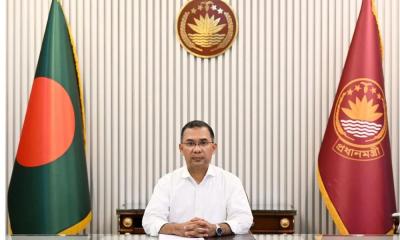

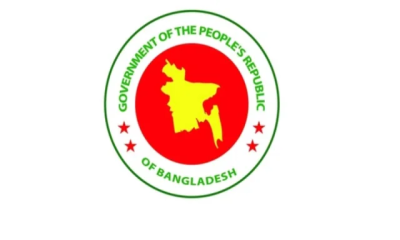

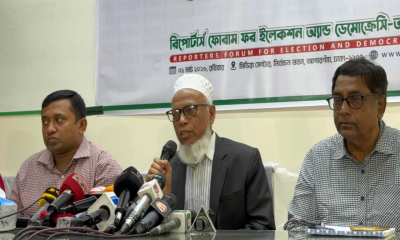
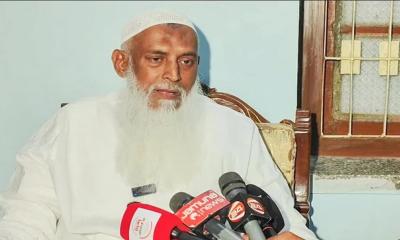

-20260302065048.webp)
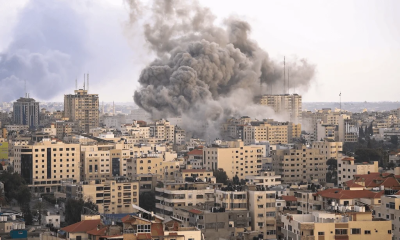

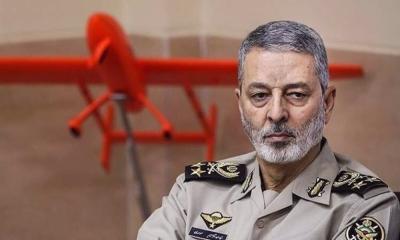

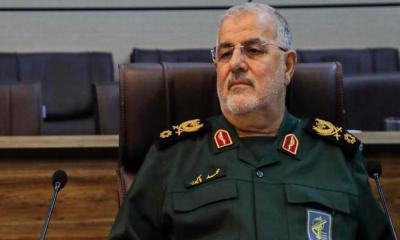
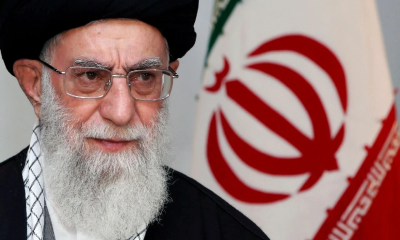
-20260301064029.webp)






-20260224075258.webp)



-20260225072312.webp)

